New visa programs launched by Kenya, South Africa, and Ethiopia
Both Kenya and South Africa announced this week that starting on December 1, 2018, they would make long-term visas available for studies, business, and government duties for South Africans traveling to Kenya and vice versa, with multiple visas available for up to 10 years. Previously, visas were normally granted on short-term 180-day bases. Both governments have praised the move as an economic opportunity to increase business and tourism engagement between the two countries.
Ethiopia has also launched a new visa program, providing visa-on-arrival service for all African travelers. The service is geared toward helping those visiting the African Union headquarters in Addis Ababa, but has also been praised by the CEO of the Ethiopian Airlines Group, Tewolde Gebremariam, as a move that “will greatly boost cross-border tourism, trade, and investment, further deepening African integration.”
Kidnappings in Cameroon
On Monday, gunmen abducted 78 students from their boarding school outside of Bamenda, an Anglophone city in Northwest Cameroon. Though most of the students were reunited with their parents later in the week, the school principal, a teacher, and two students who have parents in high-ranking government offices remain in the custody of the kidnappers. While separatists in the north have been blamed, no groups have laid claim to the kidnappings.
According to Amnesty International, a human rights organization, the abduction follows similar patterns of the attacks connected to what has been called an Anglophone crisis in the Northwest and Southwest regions of the country. Anglophone Cameroonians have continually voiced complaints that the majority French-speaking government is marginalizing them. The movement against the government began in 2016 as protests, but has since evolved into separatist conflicts resulting in hundreds dead and hundreds of thousands of people displaced.
Tanzania launches anti-gay crackdown and free press advocates detained
In Tanzania this week, hundreds of activists for LBGT rights have gone into hiding following the announcement from a senior official that a task force had been arranged to find and punish gay people in the city of Dar es Salaam. A 17-member committee has been established to identify gay people through social media sources. Fear is rampant among the LGBT community and many have fled the city.
The Guardian has reported that police are raiding homes and lists have been published online to out gay people. This latest persecution follows a pattern of increasing anti-gay rhetoric and discrimination in Tanzania. Since his election in 2015, Tanzanian President John Magufuli has stirred homophobic sentiment by threatening to arrest and deport those in the LGBT community and disenfranchise any groups or organizations that supports LGBT rights.
In other news in Tanzania, two advocates for free press—from South Africa and Kenya—were detained at an undisclosed location and interrogated about their work. While the two were later released after the South African Foreign Ministry intervened, this act is the latest in a trend of the Tanzanian government cracking down on media in the country.
The Brookings Institution is committed to quality, independence, and impact.
We are supported by a diverse array of funders. In line with our values and policies, each Brookings publication represents the sole views of its author(s).

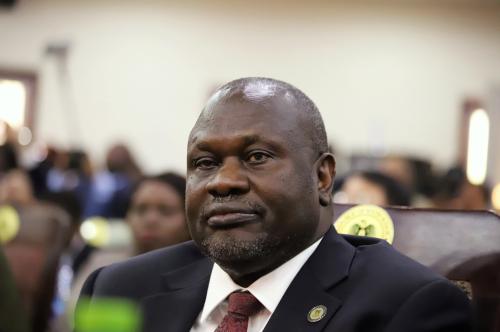
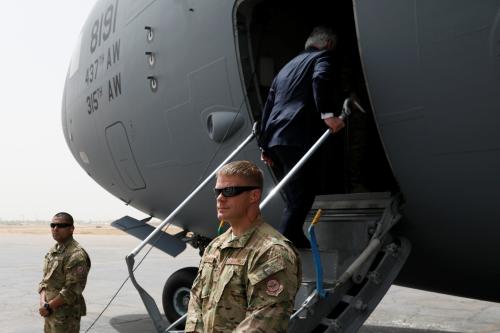
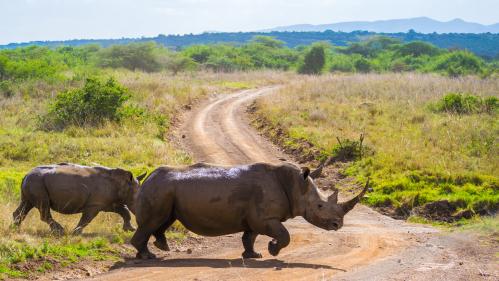

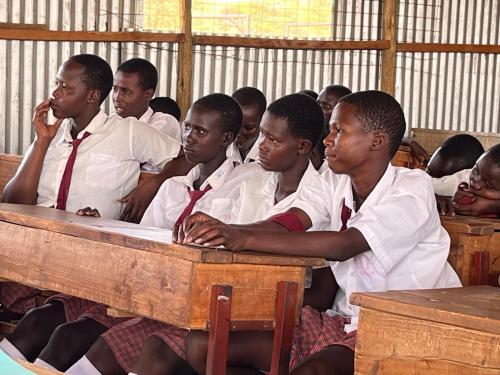
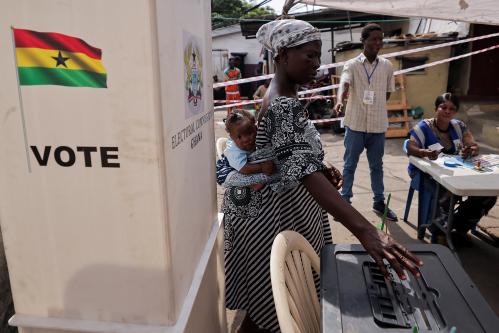
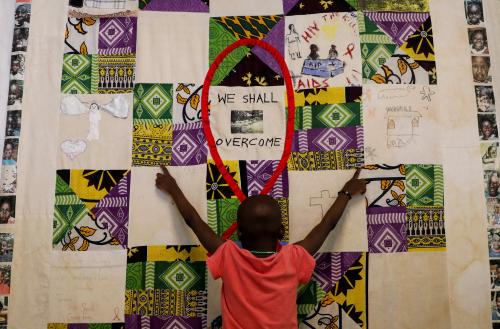
Commentary
Africa in the news: New visa programs, kidnappings in Cameroon, and anti-gay campaign in Tanzania
November 10, 2018